by Ruthanne Reid |
Have you ever seen an expert do something so brilliantly that they made it look easy? Writing is like that.
Here’s the thing: when our favorite authors write, they sit down and they write and they make it look easy. We see (or imagine) their facile skill with words and phrases, and we think, I want to do that. For a while, we even feel like we can do that. But when we put words down . . . well, they just don’t come out like that.
The truth is, though, no writing is wasted—not even your worst words, the pages that will never see the light of day.
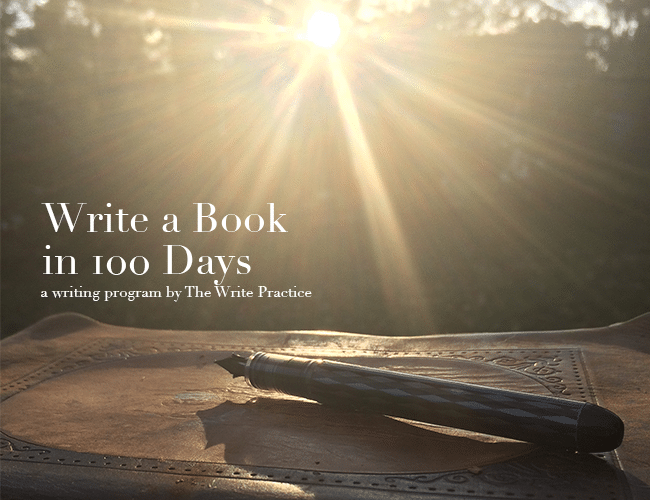
by Joe Bunting |
In the last few weeks, we asked you to tell us about what you’re writing. Many of you are in the middle of writing a book, and many more would like to start one. Writing a book is an awesome goal, and we want to support you in every way we can.
That’s why we’re so excited to announce our brand-new program: Write a Book in 100 Days.
This program is unlike anything you’ve seen before. Let me explain how it will virtually guarantee that you finish your book in 100 days.
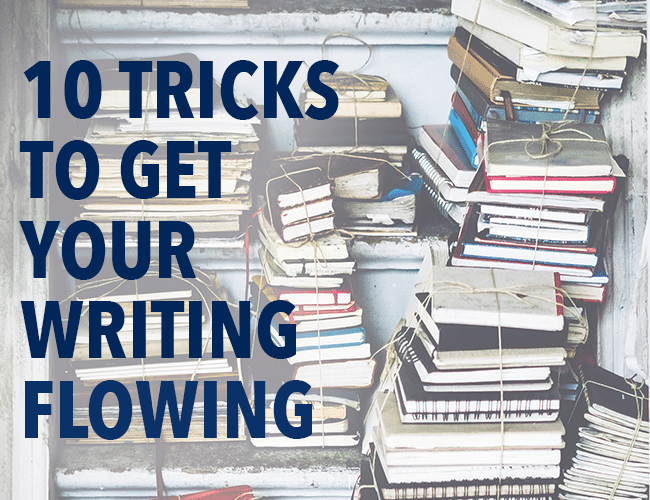
by Guest Blogger |
For writers, as well as athletes, there’s nothing like being in the zone. Distractions fall away, time disappears, and your work seems to write itself. Unfortunately for most writers, being in the zone is rare—instead of inspiration, we feel dread; instead of knowing, we feel lost; and instead of excitement, we feel anxiety.
But it doesn’t have to be like this. In fact, according to the research of Susan Perry, Ph.D., there are several concrete writing techniques and practices that can actually make finding inspiration and “getting into the zone” an everyday occurrence.
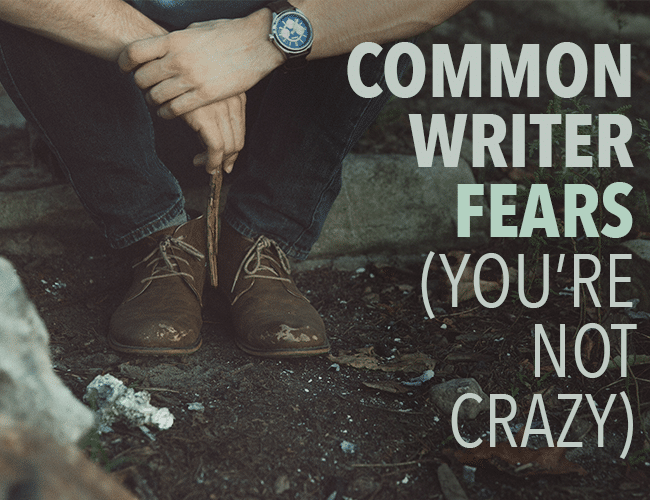
by Ruthanne Reid |
Writing is a tricky business. We throw ourselves into it, gripped by passionate ideas and the need to speak them. We persevere when haters tell us to stop, push through when our own limitations creep up like fences to be hurdled, and devour articles offering tips on how to write better, faster, and smarter.
In the middle of all that, is it any wonder that sometimes we feel like we’re crazy?
Today, we’re not going to work on the fiction side of writing. Today, we’re going to work on ourselves. Think of this as a writer’s personal-training workout.
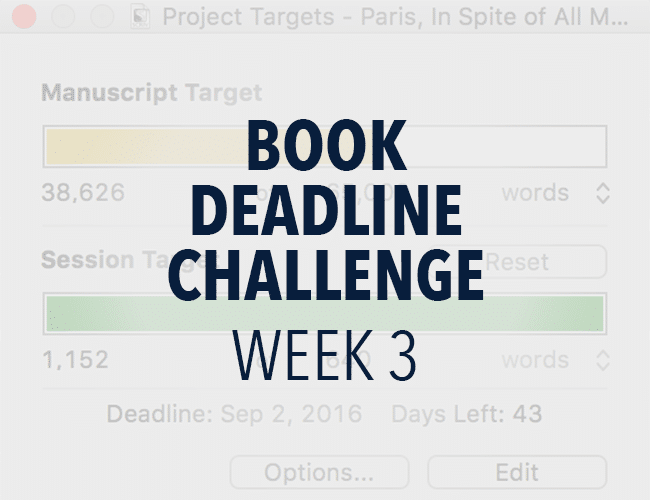
by Joe Bunting |
Three weeks ago, I accepted a challenge to finish my book by September 2, and if I miss my deadline, I have to give $1,000 to the presidential candidate I despise. I’m three weeks into the challenge, and I’ve finished nine chapters so far for a total of 42,000 words.
It wasn’t hard to finish nine chapters, since I started the challenge with a little less than 30,000 words already written. However, since then I’ve written about 12,000 words, or about 600 per day.
Let’s go a little deeper to see what is working and what isn’t.
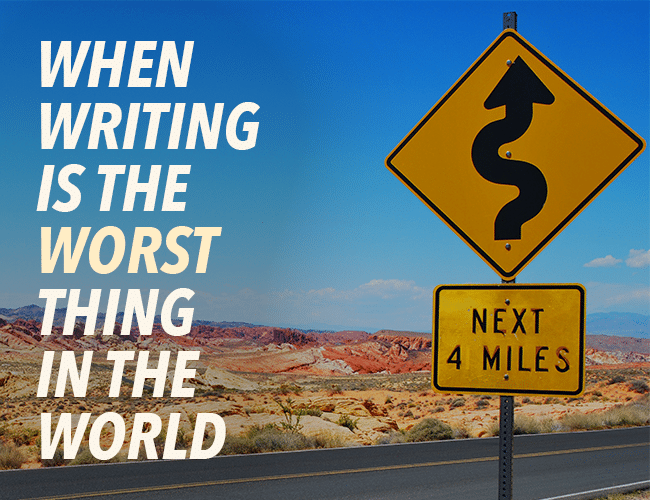
by Guest Blogger |
When Joe Bunting invited me to contribute a guest blog post to The Write Practice, I was thrilled. After all, this is a thriving community of dedicated writers hungry for craft discussion. It’s a writing coach’s dream come true. What is not a dream, however, what is in fact a writer’s worst nightmare, is when your creativity fails to flow, when despite your best efforts the words fail to come.
When your tried-and-true writing process fails you.
What do we do when our writing practice unexpectedly goes off the rails? When writing feels like the worst thing in the world?




